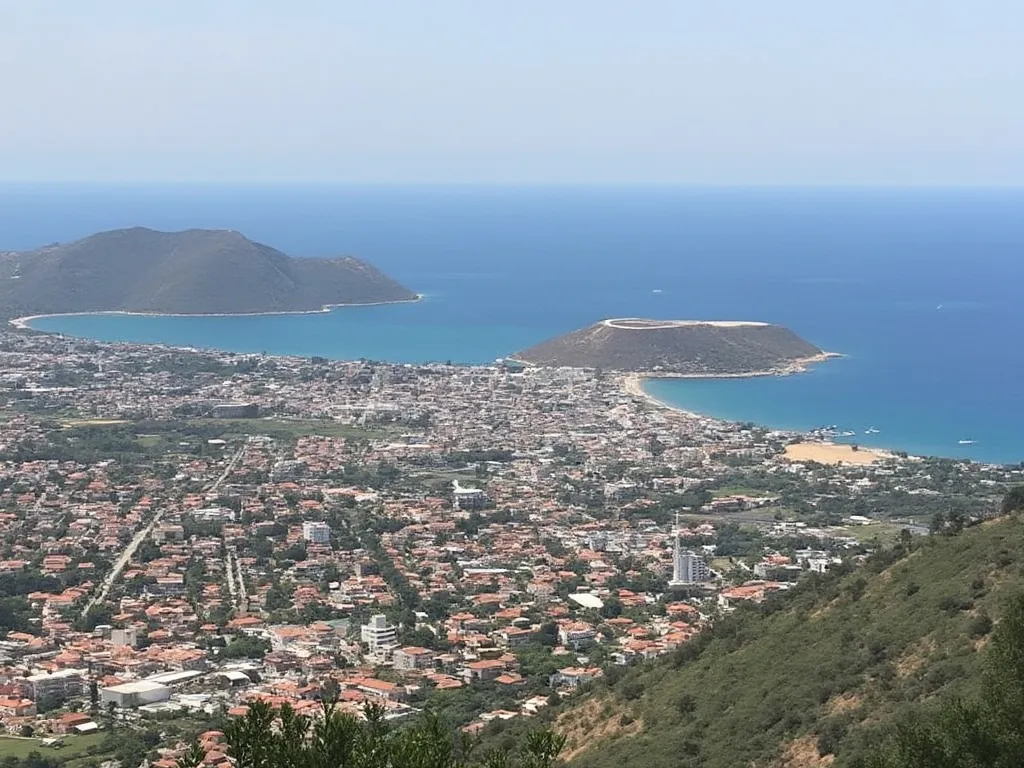
Dili, the capital and largest city of East Timor, is a bustling metropolis with a rich history and cultural heritage. Located on the northern coast of the island of Timor, Dili has a population of over 222,000 people and serves as the country's economic, political, and cultural center.
Dili Information
| Country | 🇹🇱 Timor-Leste |
| Population | 222,323 (2020 estimate) |
| Coordinates | 8°33′S 125°34′E |
| Area | 223.6 km² (86.3 sq mi) |
| Climate | Tropical savanna climate (Köppen climate classification Aw) |
| Language | Tetum and Portuguese (official languages) |
| Currency | US dollar (USD) |
| Time zone | East Timor Time (TLT) (UTC+9) |
| Proximity to other major cities | Atambua, Indonesia (275 km/171 mi), Kupang, Indonesia (346 km/215 mi) |
Historical Background of Dili
Dili has a long and complex history, with evidence of human habitation dating back to the 15th century. The city was a major trading center during the Portuguese colonial era, and it remained under Portuguese rule until 1975, when East Timor declared its independence. However, the city was soon occupied by Indonesia, which ruled East Timor until 1999. After a long struggle for independence, East Timor finally gained its freedom in 2002, with Dili as its capital city.
Geographical Location of Dili
Dili is situated on the northern coast of the island of Timor, approximately 275 km (171 mi) northwest of Atambua, Indonesia. The city is nestled in a valley surrounded by mountains, with the sea to the north. The climate is tropical savanna, with high temperatures and high humidity throughout the year.
Cultural Significance of Dili
Dili is a city with a rich cultural heritage, reflecting the country's history and traditions. The city is home to many historical landmarks, including the Fort of São Tiago, the Dili Cathedral, and the Museum of East Timorese Resistance. The city also hosts many cultural festivals and events throughout the year, showcasing the country's music, dance, and art.
Economic Importance of Dili
Dili is the economic hub of East Timor, with a growing economy based on agriculture, manufacturing, and services. The city is home to many businesses, including banks, hotels, and restaurants, and it serves as a major center for trade and commerce in the region.
Interesting Facts About Dili
- Dili is home to the country's only international airport, Presidente Nicolau Lobato International Airport.
- The city has a number of beautiful beaches, including the popular Areia Branca Beach.
- Dili is home to the University of East Timor, the country's only public university.
- The city has a number of markets, including the popular Taibessi Market.
Tourist Attractions in Dili
- The Fort of São Tiago, a historic fort built by the Portuguese in the 18th century.
- The Dili Cathedral, a beautiful Catholic cathedral built in the 19th century.
- The Museum of East Timorese Resistance, a museum showcasing the country's struggle for independence.
- The Areia Branca Beach, a popular beach with crystal-clear waters and white sand.
Conclusion on Dili
In conclusion, Dili is a city with a rich history, cultural significance, and economic importance. From its historical landmarks to its beautiful beaches, Dili has something to offer for every visitor. Whether you're interested in history, culture, or simply want to experience the beauty of East Timor, Dili is a must-visit destination.
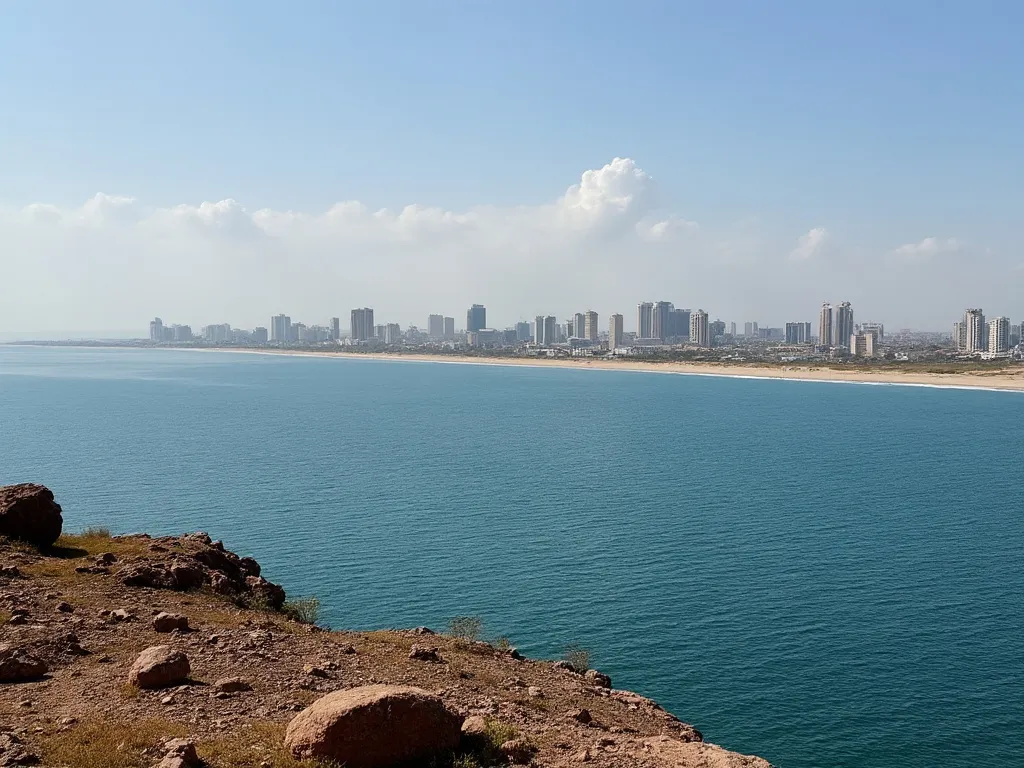 Djibouti
Djibouti
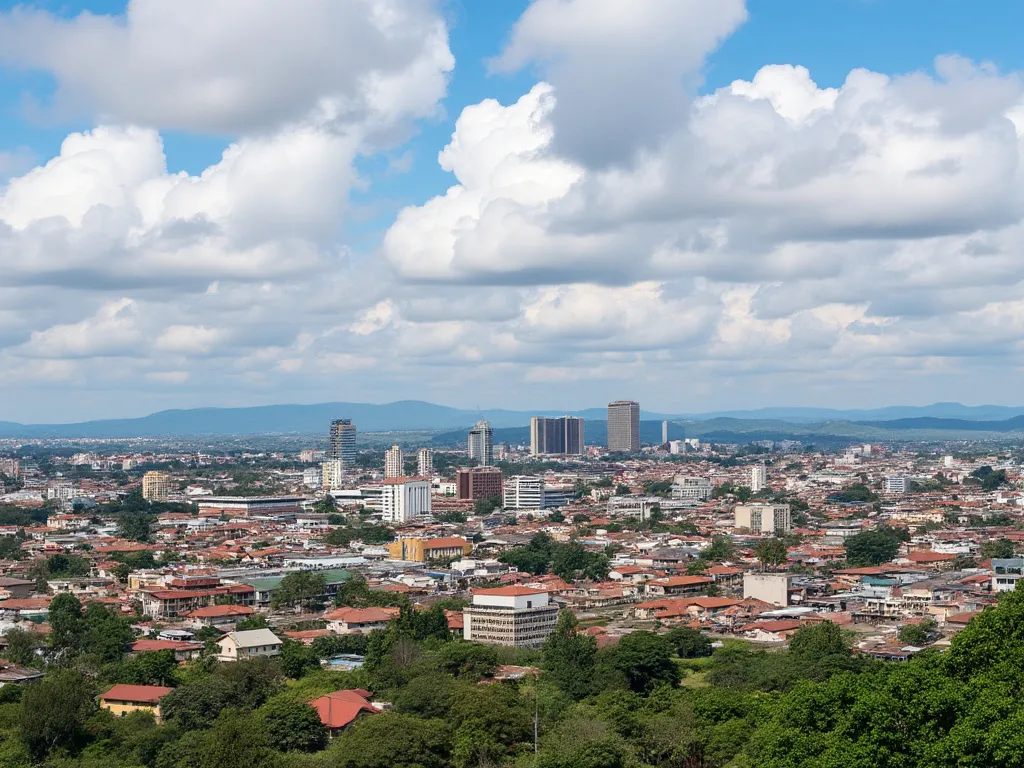 Dodoma
Dodoma
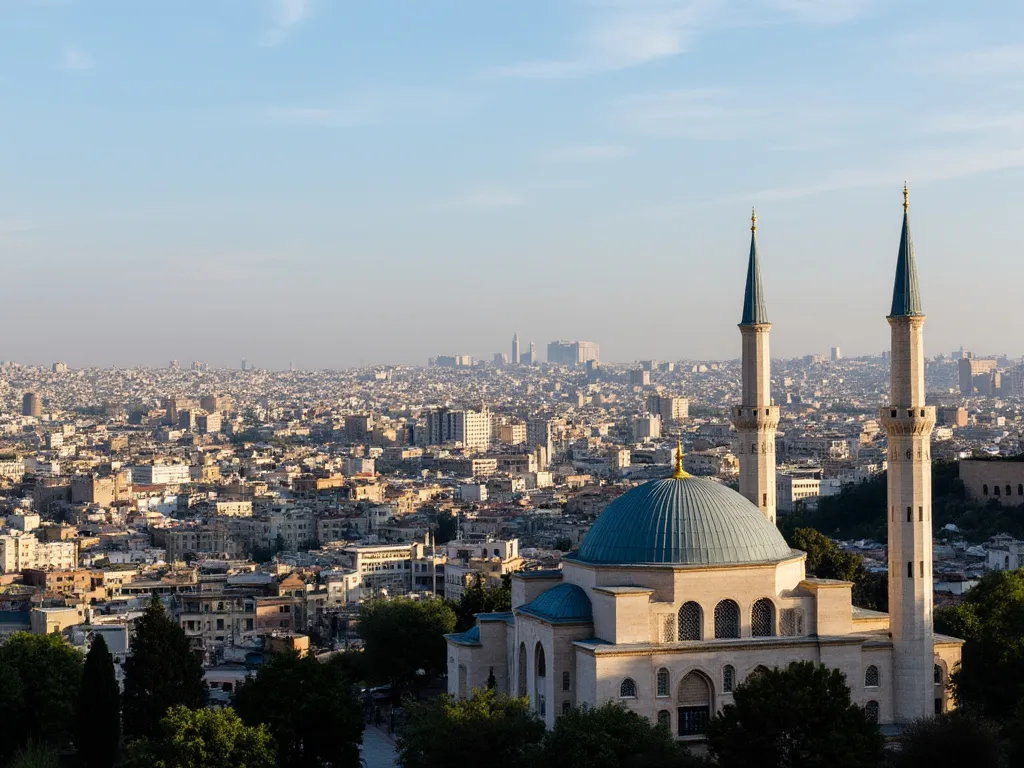 Damascus
Damascus
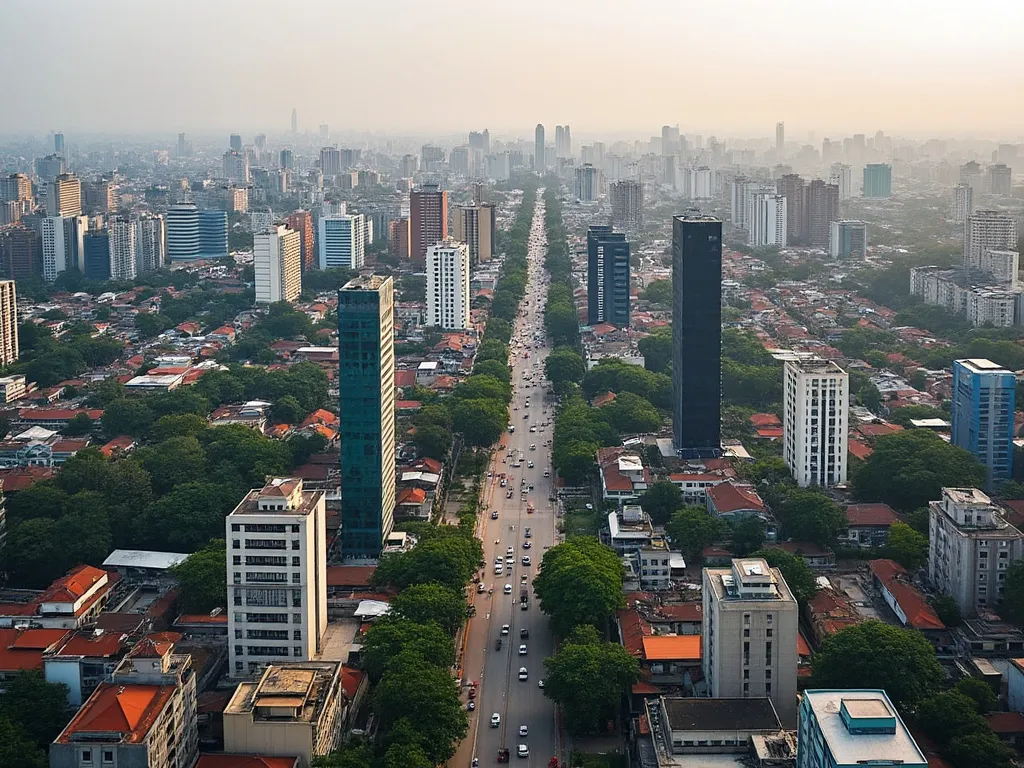 Dhaka
Dhaka